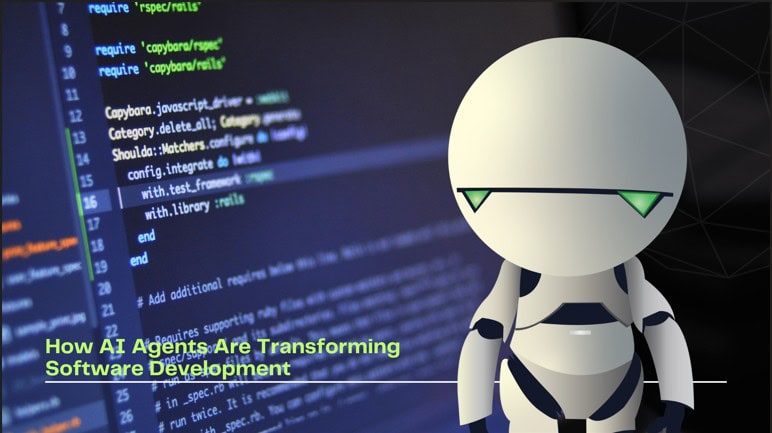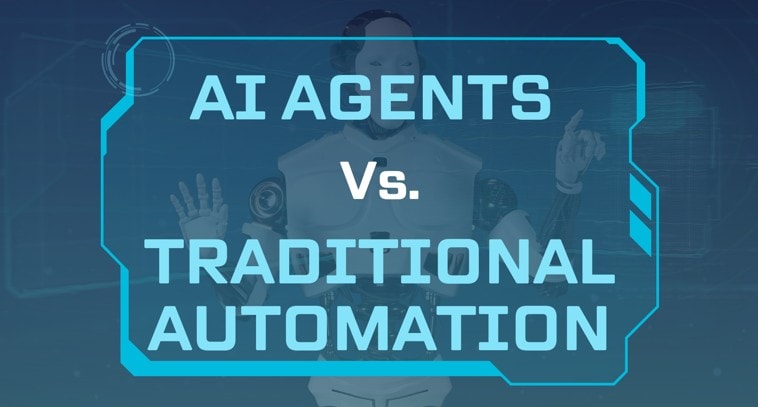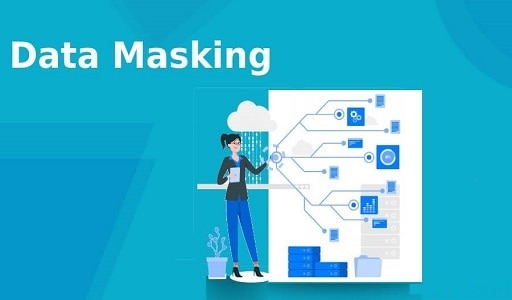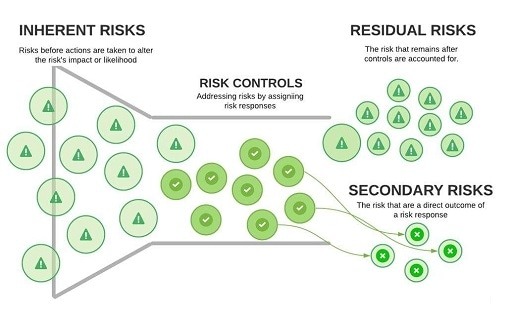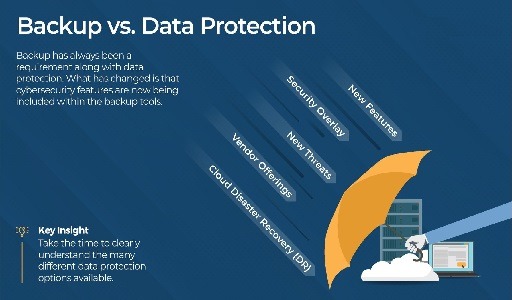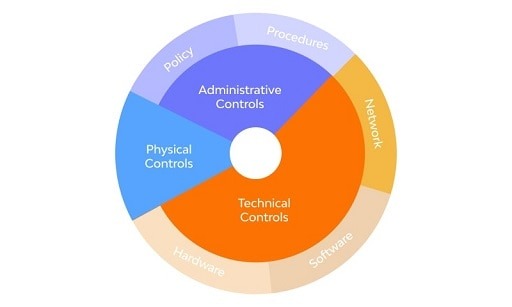Cloud computing Databases: Cloud computing is the on-demand delivery of various hardware tools and software services via the Internet using off-site remote servers. These services could include data storage devices, business solutions, virtual desktops, database management systems, and software development kits.
The remote off-site servers are powerful and compatible enough to perform their primary functions to store, manage, process, and transmit data, enabling end-users to upgrade their current IT infrastructure.
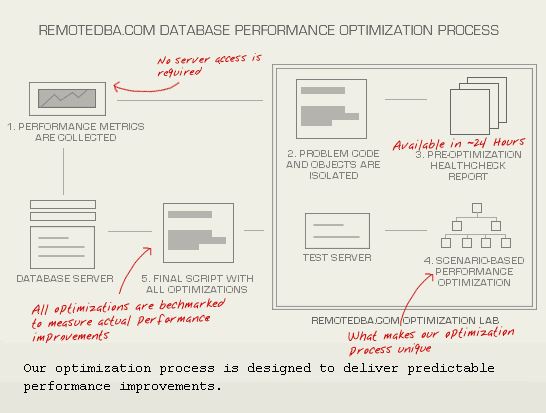
The core features of all cloud-based computing platforms are as follows:
- Reliable corporate service providers are responsible for hosting and maintaining computing platforms,
- End-users can adjust their usage level via a web interface without intervention from the service provider,
- The end-users only pay as per the specific services they deploy along with the levels of use, and
- The computing platforms can be scalable to meet the users’ periodic business expansion needs.
Types of cloud-computing services for modern businesses
When it comes to cloud computing services, three types are embraced in the market today. They are-
-
Software-as-a-Service (SaaS)
In this cloud-computing platform, corporate end-users can rent the relevant software solutions they need to run their businesses. This is a cheaper option to incur the cost of installing the applications in their own IT infrastructure.
However, the ownership, hosting, delivery, and remote management of the application remains with their service providers.
You may also like: The Implementation Of Smart Farming Strategies & Tools Through SaaS-Based Agriculture
-
Infrastructure-as-a-Service (IaaS)
This cloud-computing platform allows the end-users to avail other resources in addition to the business software solutions. These include pay-per-use networking servers, storage devices, and data centers. In doing so, these companies get to use a dynamic on-demand IT infrastructure to conduct their commercial operations. It is flexible enough to handle their dynamic and ever-expanding workloads.
-
Platform-as-a-Service (PaaS)
This cloud-based platform provides end-users with a wide variety of middleware (infrastructure) application services. These include integration platforms, business process management systems, and databases. The services offer the companies everything they need to build and deliver web-based software applications for their customers.
Major challenges in cloud computing in 2024
Experienced DBAs say that though cloud computing is promising for modern business, especially in 2021 post the COVID-19 Pandemic, it is not free from challenges. Cloud computing enables corporate end-users to gain access to and use a pool of mutual IT resources.
These solutions can be services, software applications, servers, computer networks, and data centers. It is generally through a third-party server that their service providers manage and control from a secure location.
This makes it easy for companies to access, process, and transmit reliable data with minimal administrative effort. Cloud computing Databases
You might also like: 10 Amazing Tips to Manage Your E-commerce Website
Moreover, the effectiveness and consistency of cloud-computing platforms are dependent on the proper allocation of their IT resources. This enables the companies to achieve cost savings and economies of scale.
However, as per the experts of the esteemed company in database management and administration, RemoteDBA.com, they still need to overcome the following challenges when using cloud-computing technology for their businesses:
-
Identifying and managing hidden costs
Companies find operating a suitable cloud computing platform to run their businesses an affordable option. However, tuning this platform to meet their specific business needs can turn out to be expensive.
Moreover, corporate enterprises soon discover they incur additional costs when exchanging data from public cloud servers. They have to spend more money on acquiring the necessary bandwidth. This can be problematic when working on short-term, small-scale projects.
-
Reliability and reputation of the service provider
Companies should thoroughly review the reliability and reputation of the service provider offering them the cloud technology solution. The technical specialists of these corporate vendors should be available to the companies whenever the need arises.
They should have the necessary expertise to resolve all the issues the companies face when operating this technology. This consideration is just as important as the price the companies pay for availing of the cloud-computing technology.
-
Downtime
Downtime is a common problem affecting all cloud computing platforms. No reliable service provider can assure the companies the cloud-based infrastructure they manage is free from downtime issues.
This is because uninterrupted Internet connectivity is essential for the optimal functioning of these platforms. It is prudent for companies to check their Internet connections before adopting Cloud computing Databases platforms.
-
Data privacy
The business data that the company retains in the cloud should be strictly for internal use. There should be no third-party exposure to this data at all. In the above context, businesses should have a customized plan to protect the data they gather round-the-clock.
-
Passwords
There should be stringent supervision of passwords when it comes to cloud security. Business owners should understand that if many people are accessing their data on the cloud, the database becomes less secure.
If anyone becomes aware of your passwords for data access, it is unsafe. This is where you must deploy multi-factor authentication to ensure your passwords are completely protected.
They should be altered frequently, especially when your employees permanently leave the organization. When it comes to access to data, you should give rights to users who need them and not to everyone in the company.
-
Vendor agreements
Ensure that you are fully aware of the terms and conditions of the cloud computing agreement that you enter into with your vendor. You might fall into the trap called vendor lock-in.
This takes place when changing the vendor for cloud computing becomes costly for your business, or it is just not possible for you to do so. This is why you must never rush into the first cloud computing service that comes your way. Buyer consciousness is the need of the day.
Therefore, when it comes to cloud computing and its challenges, make sure you know the above points. In the event of concerns, you should consult expert DBAs to help you out. Business data is extremely important, and though keeping it on the cloud is a feasible solution for modern businesses, it should be safeguarded at all times.
Make sure you have the right business plans to address the above and have a successful experience when it comes to daily operations and end-user credibility in the market.
Would you like to read more about Cloud computing Databases-related articles? If so, we invite you to take a look at our other tech topics before you leave!




